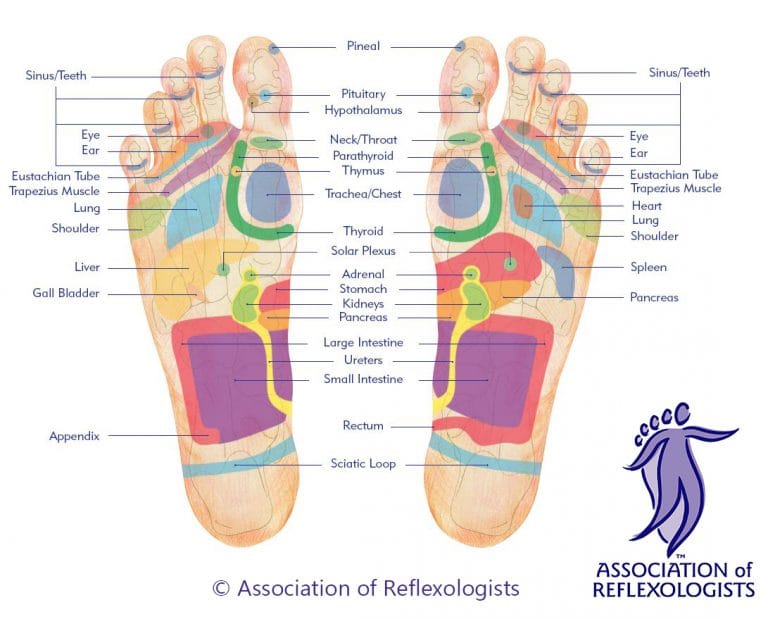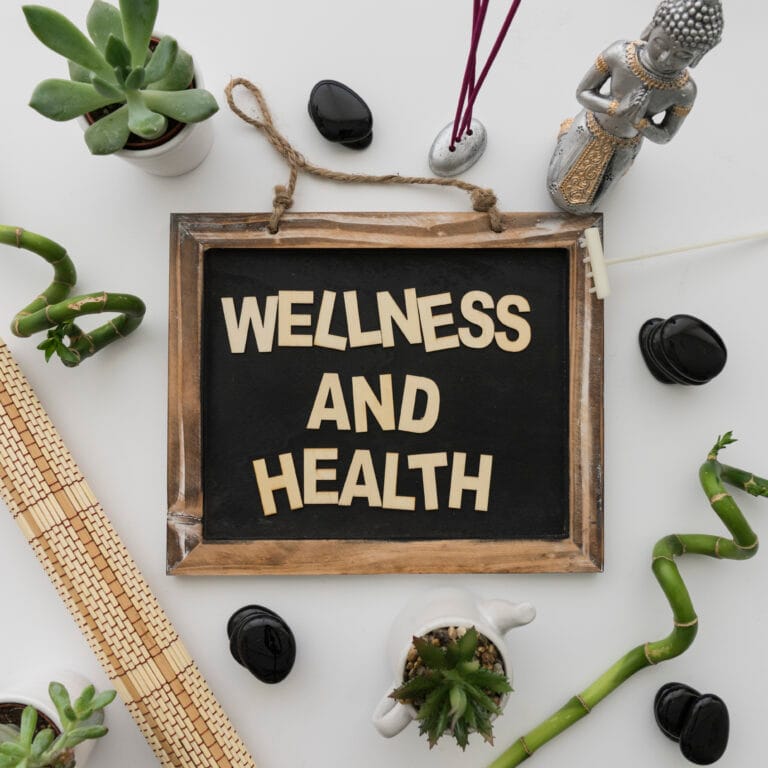Did you know that two thirds of the human adult body is made up of water? Of this, around two thirds are inside the cells and the rest outside in our circulatory system and in our body fluids.
Many of the chemical reactions in our body require water in order to take place. It is needed to make hormones, neurotransmitters and genetic material. It keeps our circulation and bowels moving, regulates our body temperature, transports nutrients and oxygen, and lubricates our mucous membranes and joints. Water-soluble waste is eliminated mainly through urine and sweat. Our muscles consist of 70% water and even our bones are made up of 31% water! In other words, it is absolutely vital to us.
The Negative Affects of Not Enough Water
If we don’t drink enough water, we may feel tired, light-headed, confused and constipated. We may suffer with bladder irritability and infections, headaches and our skin, eyes and mouths may feel dry. Athletic performance may be reduced and it can be difficult to lose weight if there is dehydration.
Which Fluids are Good for Us?
We are advised to drink 6-8 cups/glasses of fluid a day. http://www.nhs.uk/Livewell/Goodfood/Pages/the-eatwell-guide.aspx. However, the fluid we drink should not contain sugar or artificial sweeteners, as these can lead to weight gain and tooth decay, among many other health hazards. Tea and coffee contain caffeine which may cause headaches and lead to feelings of being ‘wired and tired’, so should be taken in moderation. Energy and sports drinks often contain both caffeine and sugar. Alcohol uses up more water when the body is breaking it down than it provides, so it isn’t a hydrating fluid.
How Can We Get Enough Fluid?
Good ways to increase fluid consumption would be to have
- homemade fruit and vegetable juices or smoothies, which don’t contain sugar
- herbal and fruit teas, which are usually caffeine free
- homemade soups and broths, which don’t contain too much salt
- unsweetened coconut water
- tap, purified or bottled water
If you don’t like the taste of water, add lemons, limes, cucumbers or other fruit to it and taste the difference!
Clarissa is a Registered Nutritional Therapist at York Natural Health and also at Nolan Nutrition, www.nolannutrition.com







